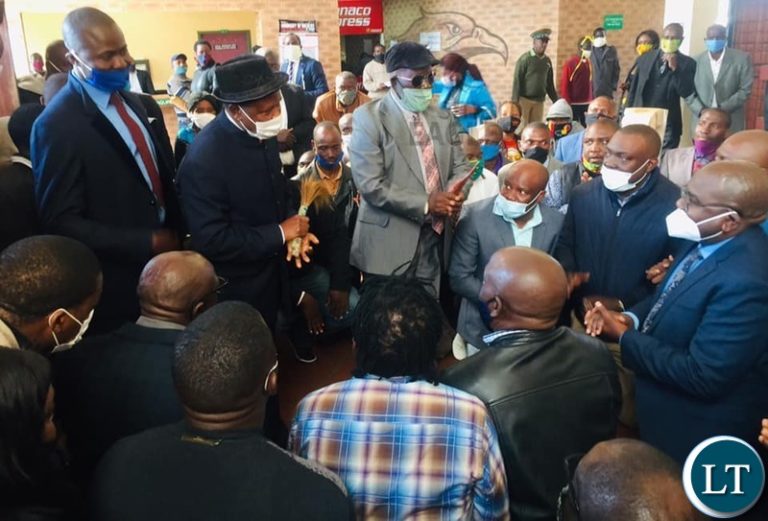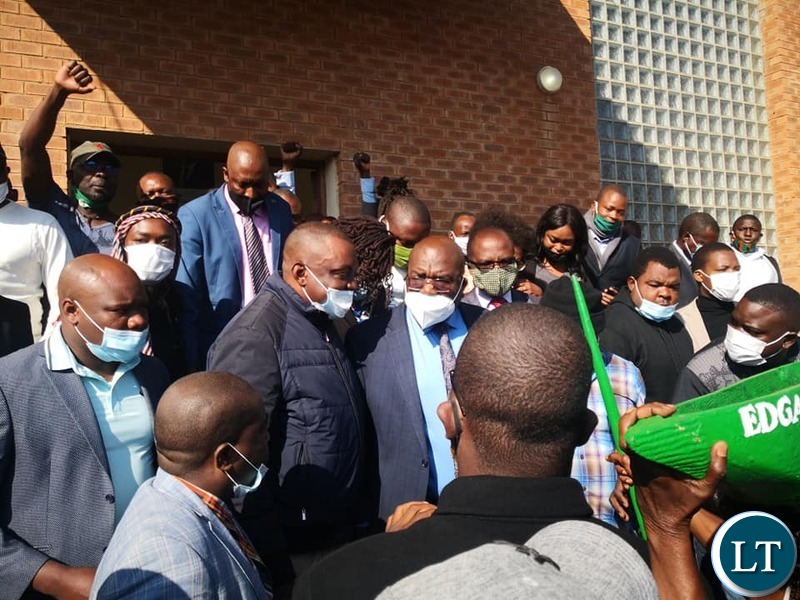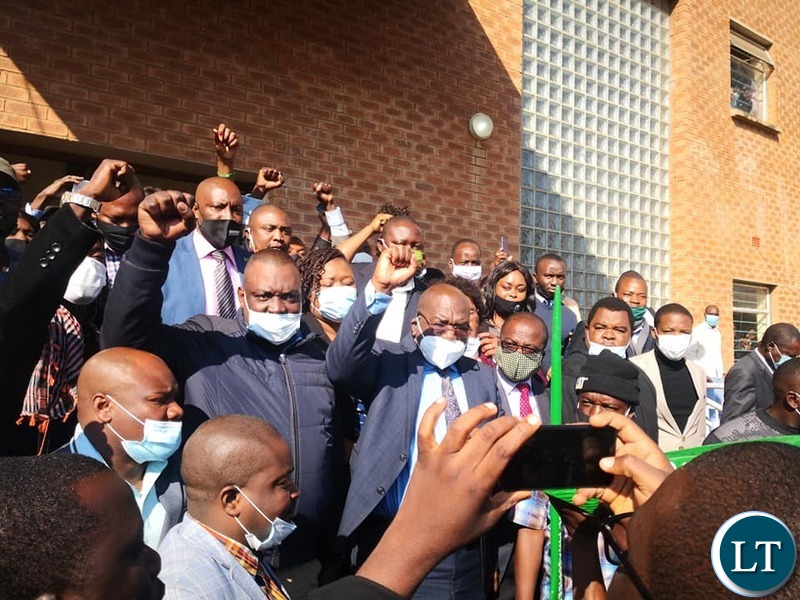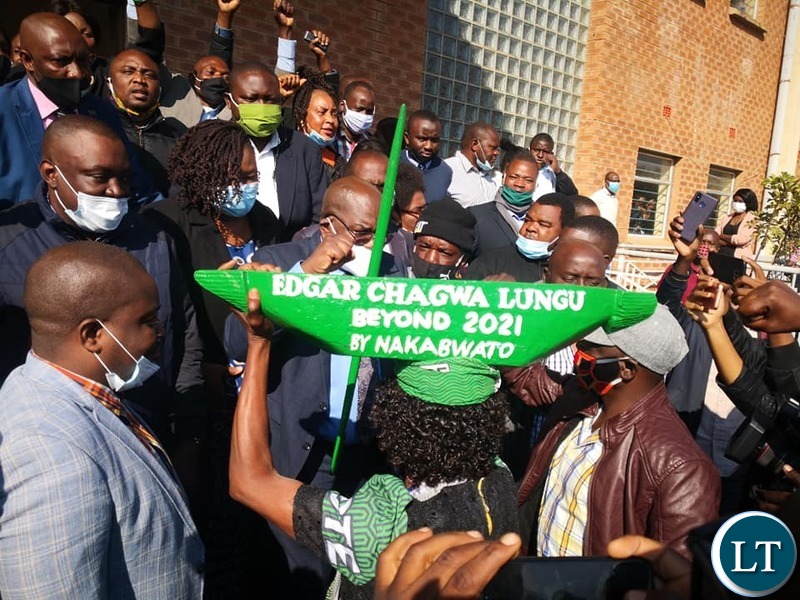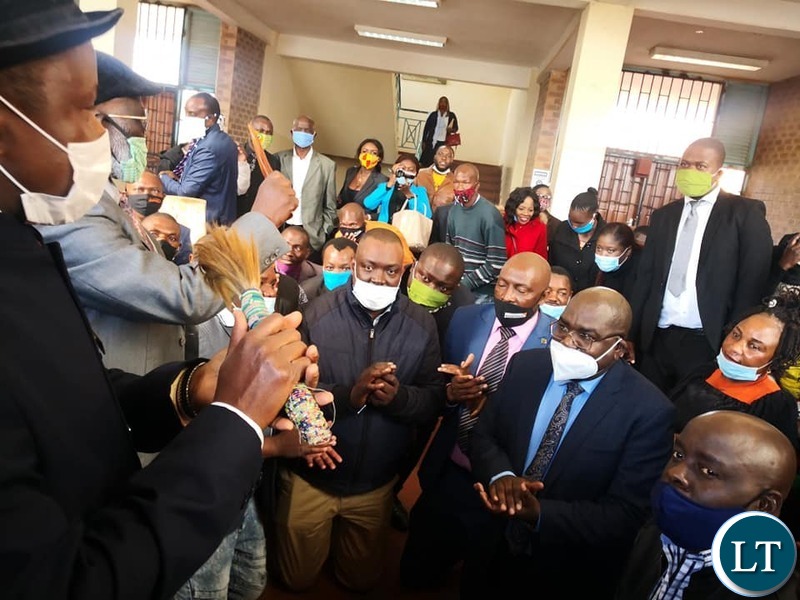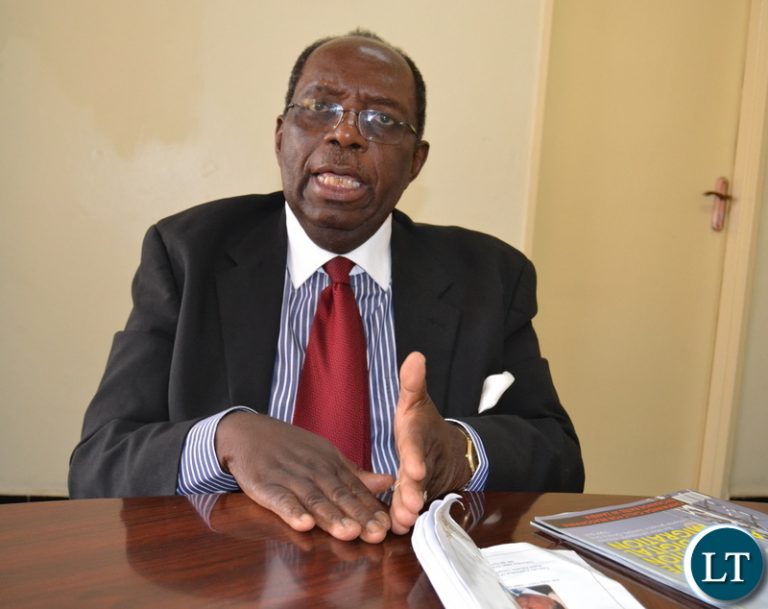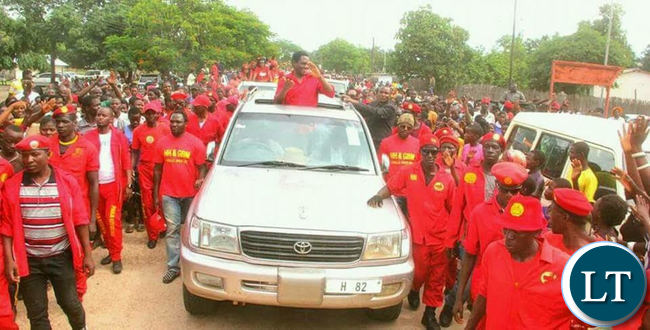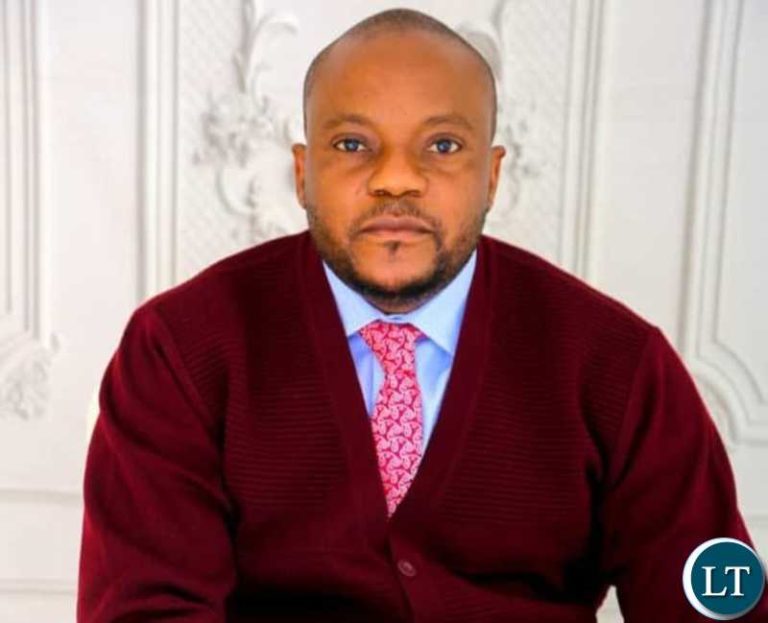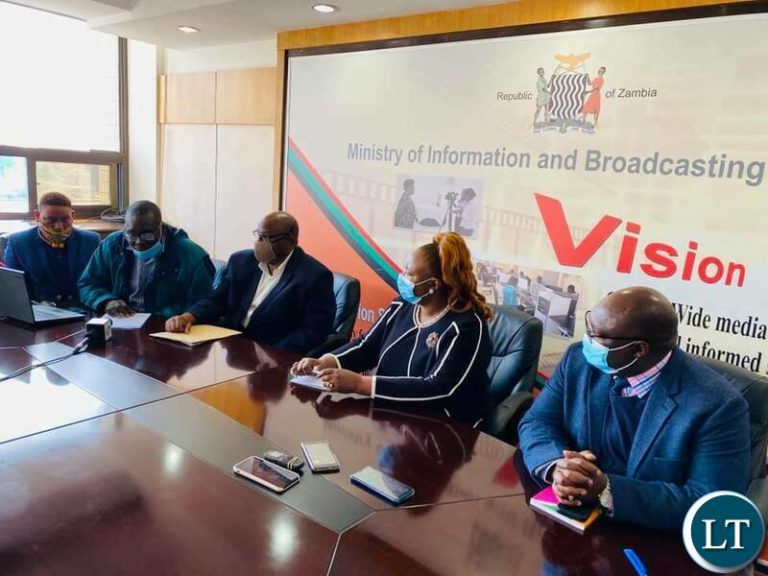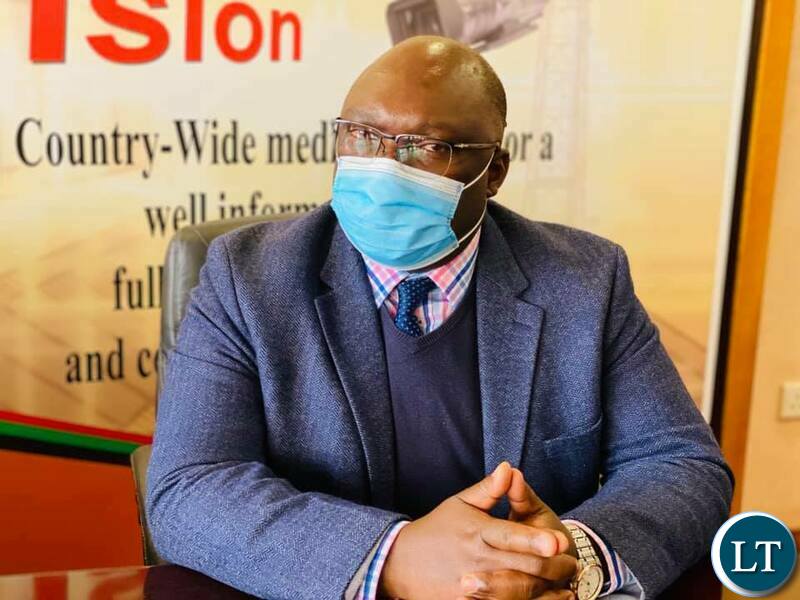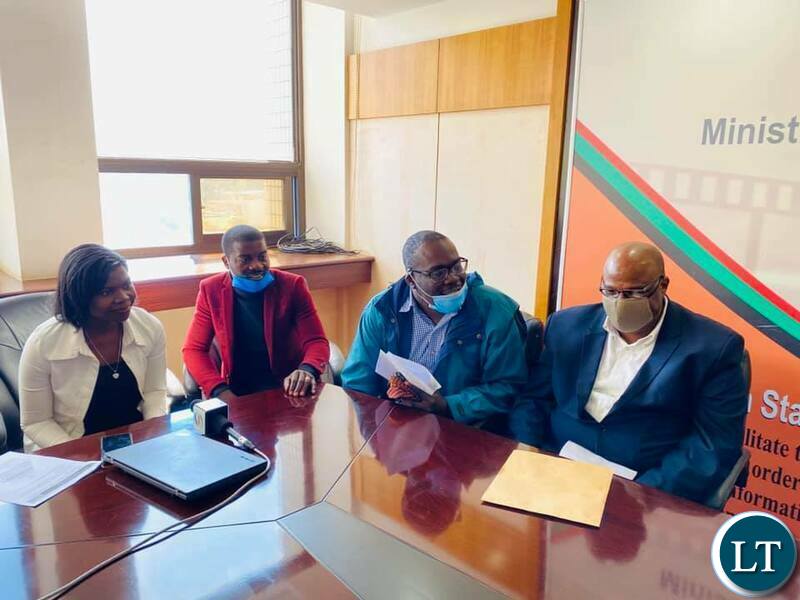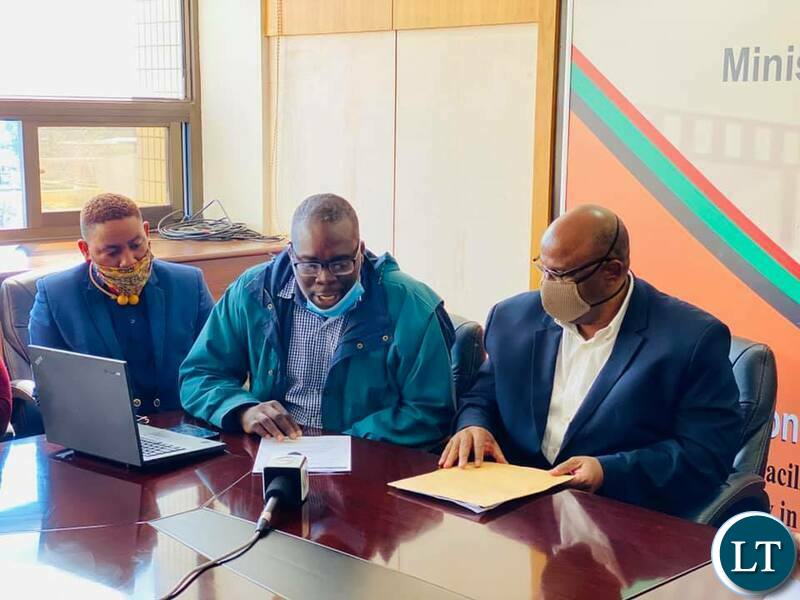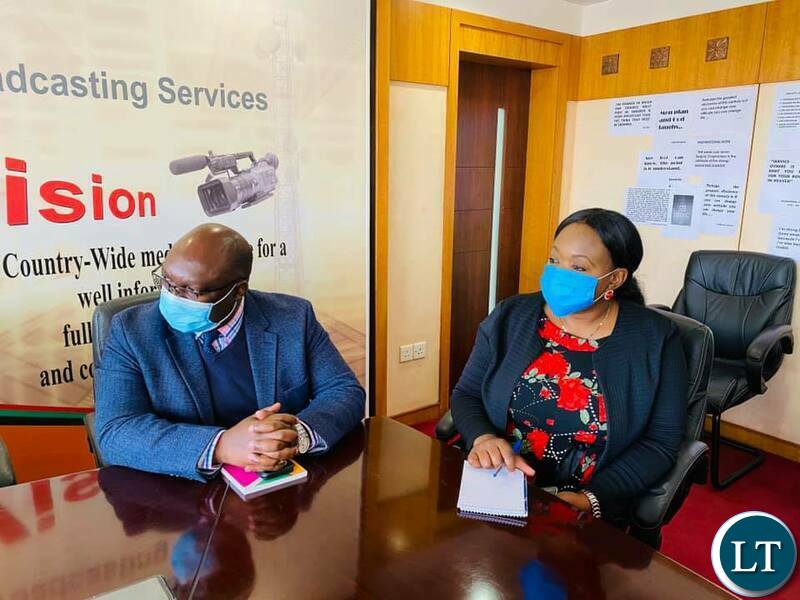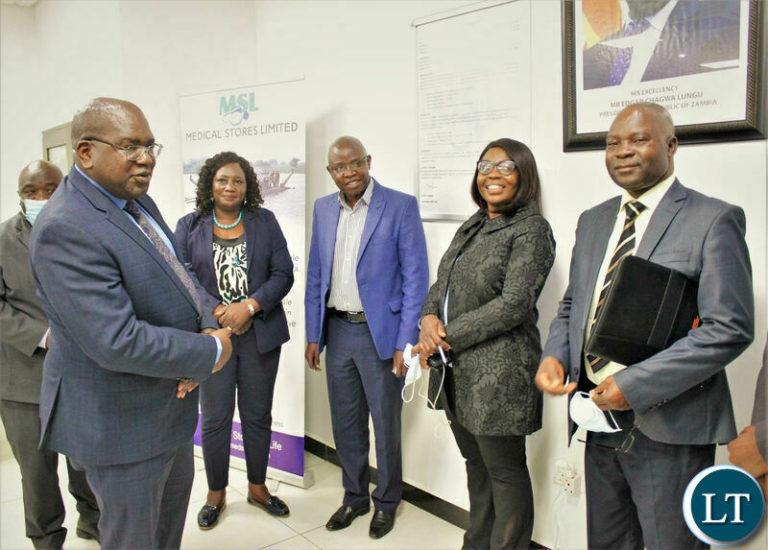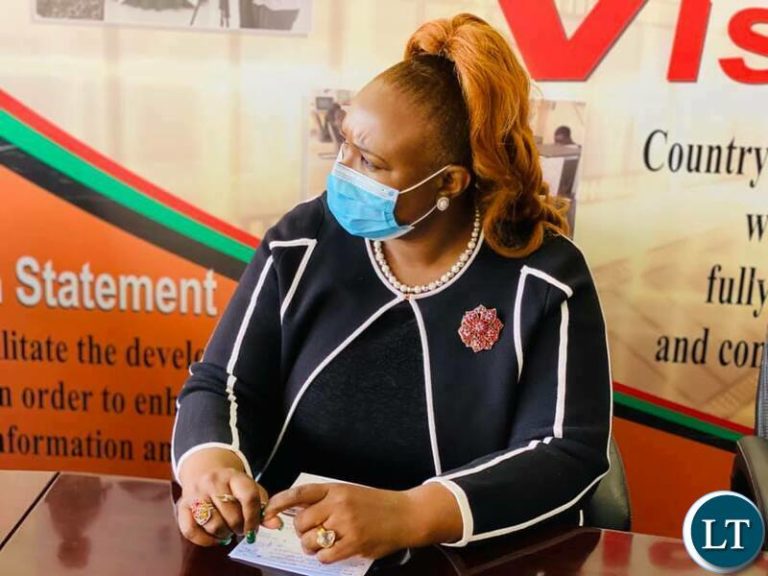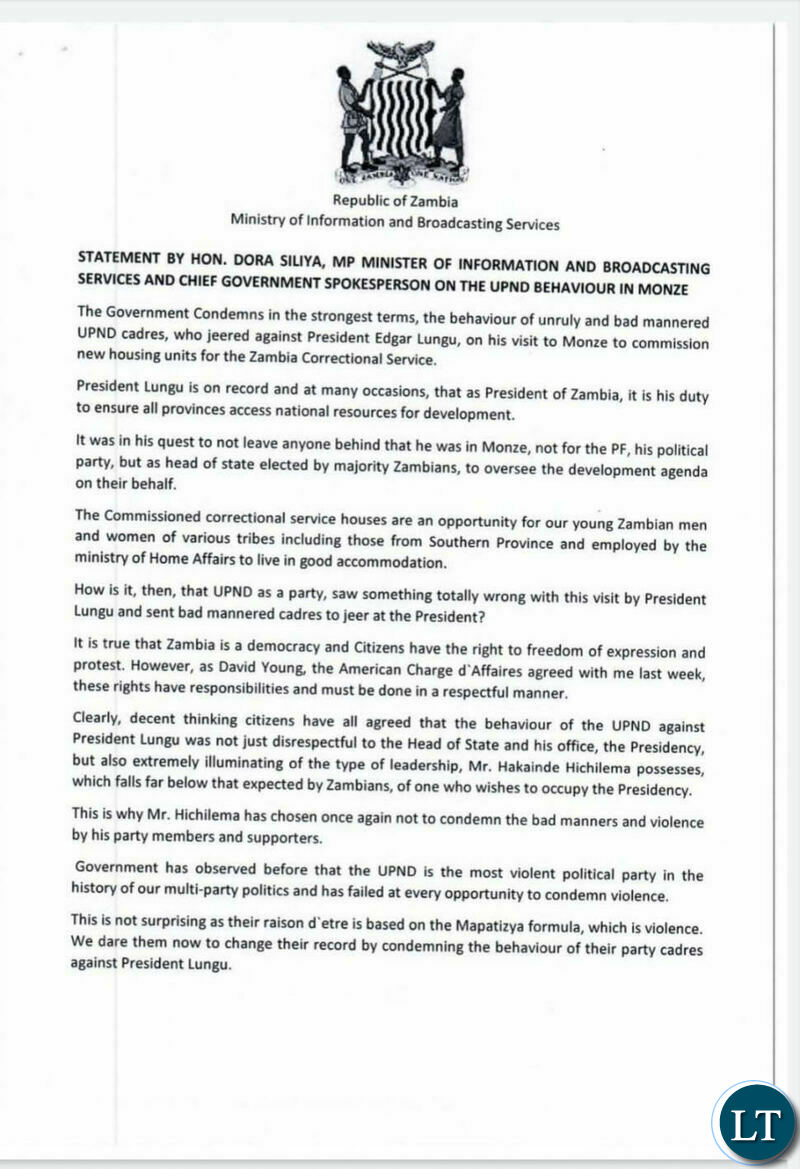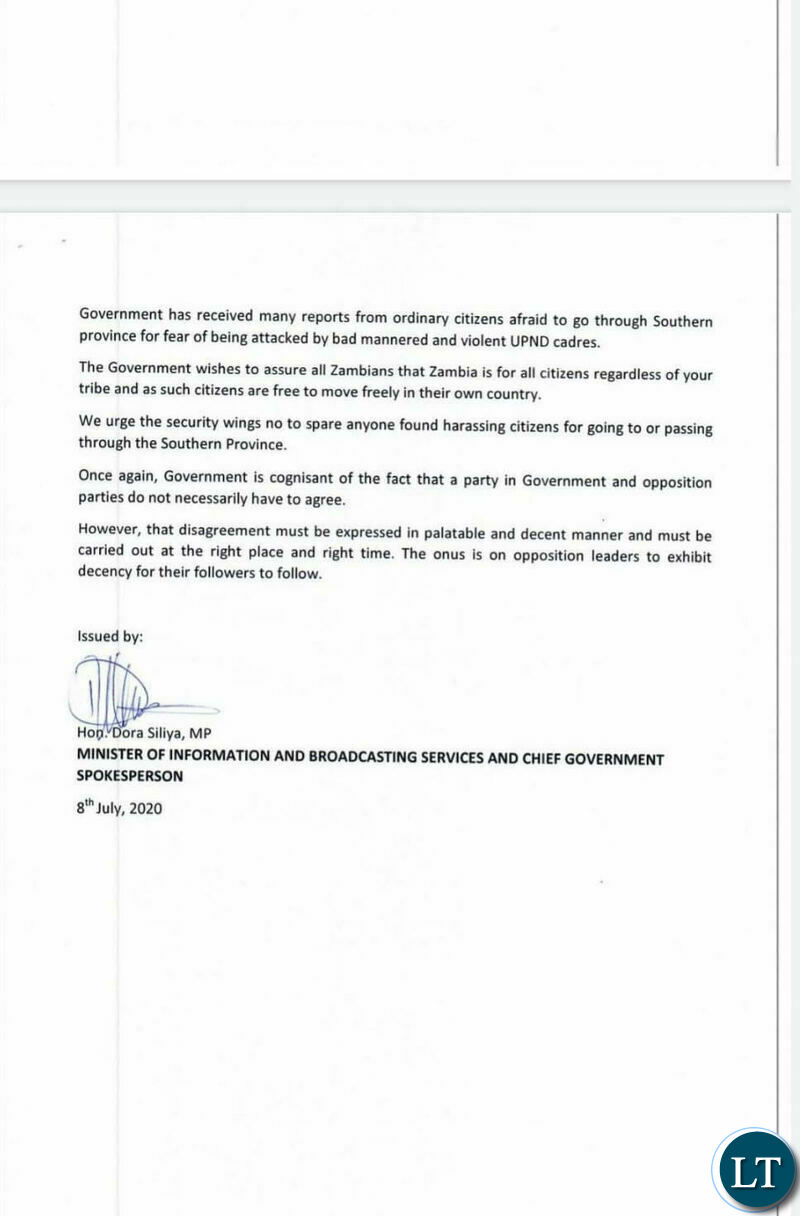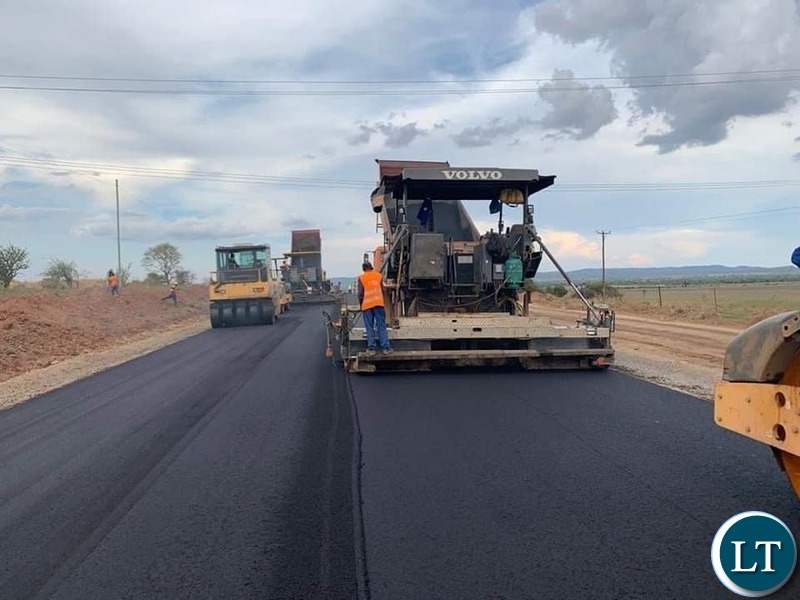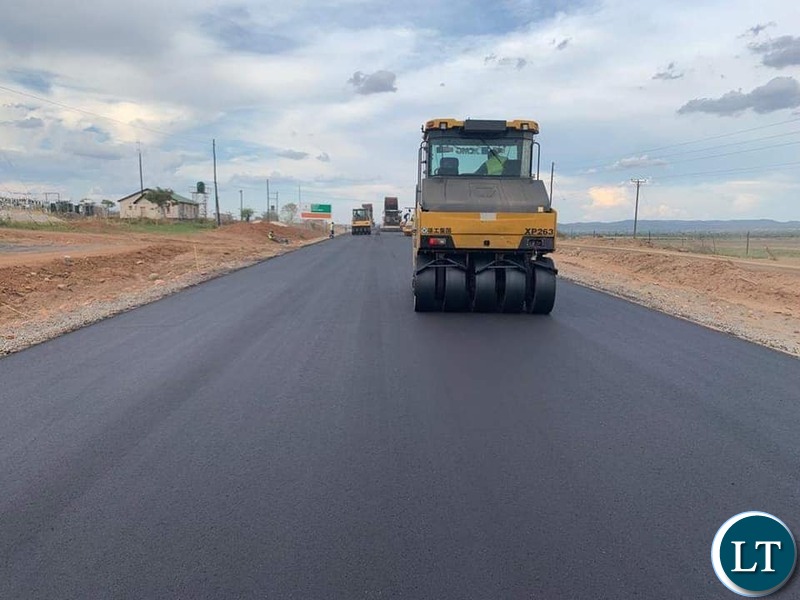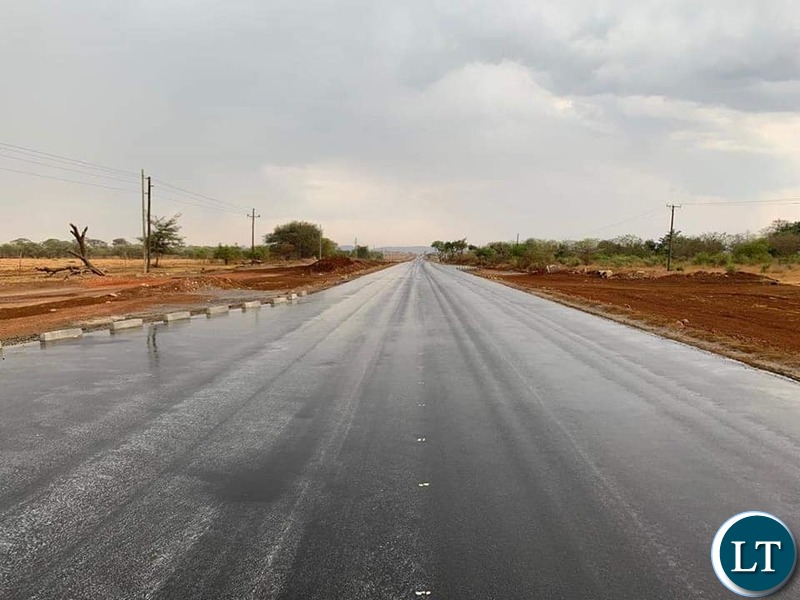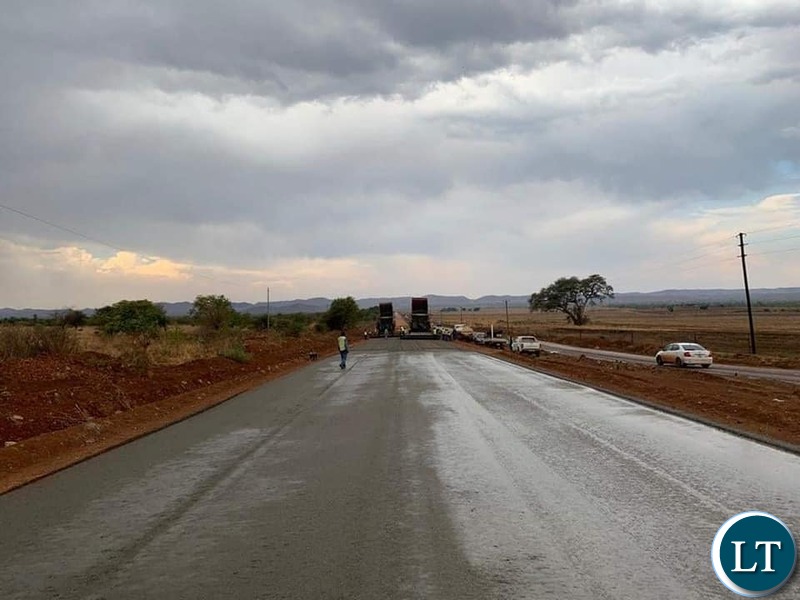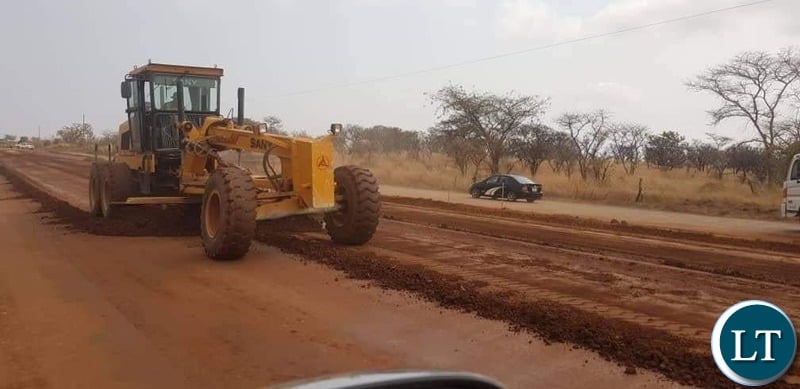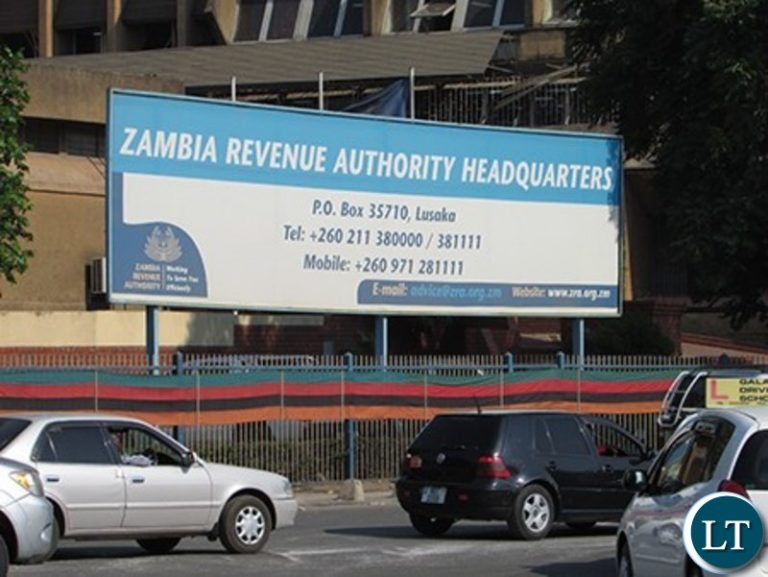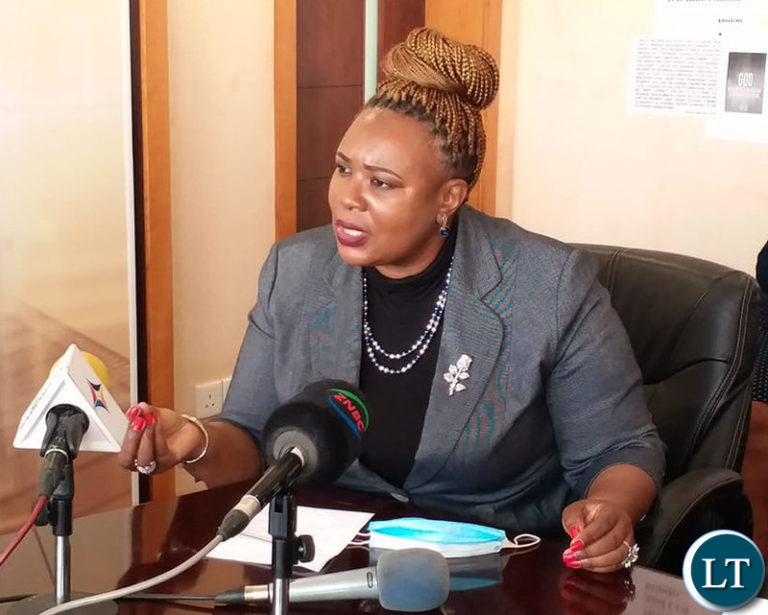By Antonio Mourinho Mwanza
Last week, The Constitutional Court dismissed a petition by the Law Association of Zambia -LAZ to have the Constitution Amendment Bill Number 10 of 2019 withdrawn from Parliament.
The Constitutional Court ruled that the petition by LAZ lacked merit because they did not show how Justice Minister Given Lubinda breached constitutional procedure when presenting Bill 10 to Parliament.
The Constitutional Court said it can not intervene in the matter as the arguments by LAZ did not show how the mandatory formalities as prescribed in Article 79 of the constitution, were offended by Bill 10.
LAZ was seeking a declaration that the government’s decision to amend the Constitution in the manner set in Bill Number 10 of 2019 is illegal.
In case you didn’t know, LAZ is an architect of Bill 10, they were the key participants at the National Dialogue Forum-NDF which came up with Bill 10.
In fact LAZ even warned political parties and all the citizens not to shun the Constitution-making process initiated by the NDF.
The question is why has LAZ u-turned; why is LAZ, which is supposed to be the crime-de-la-cream on legal matters taking USELESS and FRIVOLOUS petitions to court; Why is Mr Eddie Mwitwa and SOME of his colleagues at LAZ wasting the court’s time challenging Parliament to stop debating Bill 10 when they fully know that no one, not even the Court can stop parliament from passing Bills and enacting Laws?
You don’t need to be a lawyer, you don’t need to know Civics, in fact you don’t have to study SHOSHO STUDIES for you to understand that it is the right and constitutional mandate of Parliament to make laws.
Parliament ni Nyumba ya Malamulo, it is Ing’anda Ya Mafunde. The primary objective of parliament is to make laws. This is what the Republican Constitution says in Article 62:
1. The legislative authority of the Republic is vested in and exercised by Parliament.
2. A person or body, other than Parliament, shall not have power to enact legislation.
And Article 63 of the Constitution seals the argument, it says:
Parliament shall enact legislation through Bills passed by the National Assembly and assented to by the President.
And LAZ like everyone else knows that the Courts have ruled and ruled again on this matter; there is sufficient Case Law that has repeatedly stated that no one, not even the Courts can stop parliament from conducting its business. Examples of these rulings include the court judgments in the following cases:
- Nkumbula v Attorney General where the Court of Appeal had occasion to pronounce itself on the propriety of challenging proposed amendments to the Constitution.
- Hem Chandra Sengupta & Others v The Speaker of the Legislative Assembly of West Bangal & Others in which some parties sought to restrain the Chief Minister from pursuing a resolution approving the union
of two States as well as to restrain the Union of India from bringing or initiating any bill or legislation in parliament for purposes of uniting the two States
- Re: Nalumino Mundia where the High Court was moved to quash the decision of the Chairman of the Standing Orders Committee to suspend a Member of Parliament from the National Assembly.
In all these cases, It was held that the court did NOT have the power to interfere with the exclusive jurisdiction of the National Assembly in the conduct of its internal proceedings.
The Courts ruled that Parliament enjoys exclusive cognizance over its internal proceedings. Hence, the Courts cannot interfere with the internal affairs of Parliament which it enjoys or has the Constitutional mandate or authority to legislate.
Clearly, even my grandmother in the village knows that it is the duty of Parliament to pass Bills and enact Laws so why could LAZ, of all institutions, embark on a vexatious and futile exercise to petition the Court to stop parliament from debating Bill 10 when they fully know that such a demand is unattainable at law?
The answer is simple, LAZ is compromised and it has reduced itself as an appendage of a legal department of a known opposition political party.
LAZ must redeem itself and recommit to its core values of being a professional corporate body as established in Act Chapter 47 of the Laws of Zambia and stop being used as a door mat of an opposition political party. Zambians want LAZ to be the torch-bearer of justice and the rule of law and not to reduce itself to a vuvuzela of an opposition political party.
Lastly, let LAZ elect a new Executive since the mandate of the current one expired a long time back. LAZ should be an example to all of democracy and good corporate governance.




